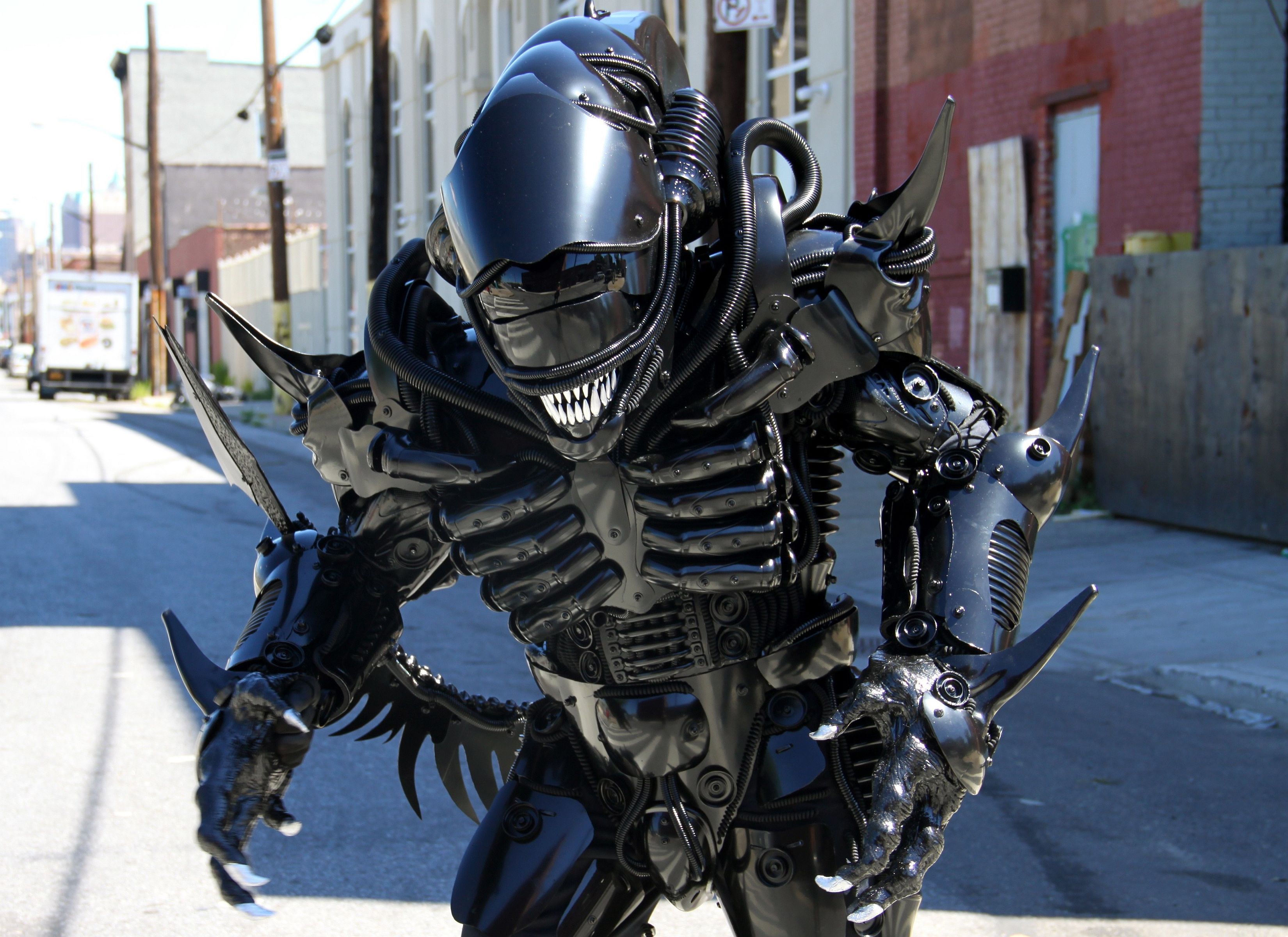
The book also knows that in these circumstances, people suffer they also find love, form networks, make plans. Crane’s novel understands that fascism creeps in fits and starts, and that state violence lets some people enjoy “normal life” while others are targeted with grotesque specificity. In any case, the novel operates on a level of verisimilitude in life as in the novel, the long struggle for queer people to enjoy open, public lives now meets legislative bigotry across America. The mood created by Kris’s interiority - which reflects the jumpiness of living with trauma and surveillance - makes questions raised by the sparsely rendered workings of the state largely irrelevant to the novel’s enjoyment. But the subversive intelligence of the book is its representation of the stolen pleasures and general unease of a hemmed-in life. Readers who like every mechanism and metaphor of control mapped out may be underwhelmed by the novel’s world-building, which is quiet. Later, she shuts off her phone “so the kid and I can misinterpret each other without interruption.” Her interactions with others are filled with comedy and pathos. “Should I be able to see all the blood inside her?” she asks the baby forums, with her characteristic deadpan. Kris’s voice is everything in this novel - she’s a morose, prickly, paranoid yet lovable narrator with exquisite comic timing. What would “1984” be like if Winston Smith had an endearing personality? Crane’s book gives us a disarming model for life under surveillance. The narration is addressed to the deceased Beau: “The kid’s only saving grace is her widow’s peak,” Kris explains when the baby keeps her awake. The novel is episodic, and Crane plays with form by threading in pop quizzes and Kris’s somber facts about animals in captivity. Surrounded by the flotsam left behind by her dead wife, Beau, the grief-stricken Kris must learn how to raise their child. For Kris and her baby, the shadows further marginalize their family unit, which stands out in a society where queer people seem, at best, only tolerated. They are relegated to picked-over food at the grocery store they wait longer for health care they endure the rough treatment from “NoShads.” There are no prisons in this America control is maintained by these punitive extra shadows and via in-home cameras.

“Shadesters,” whose extra shadows flag them as people who have done harm, are marked for ostracism for even minor accidents or unintentional wrongs.



A sinister entity called the Department of Balance issues this unwitting killer baby a second shadow, and she joins her remaining mother, Kris - the narrator of Marisa Crane’s debut novel, “I Keep My Exoskeletons to Myself” - in an inferior and suspect class. In a sunny corner of America, not too far in the future, a baby is born as one of her two mothers, her birth mother, draws her last breath. I KEEP MY EXOSKELETONS TO MYSELF, by Marisa Crane


 0 kommentar(er)
0 kommentar(er)
